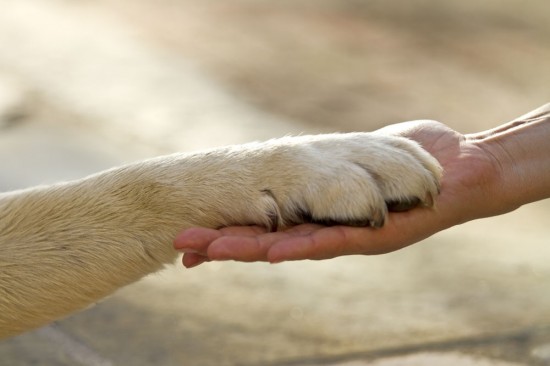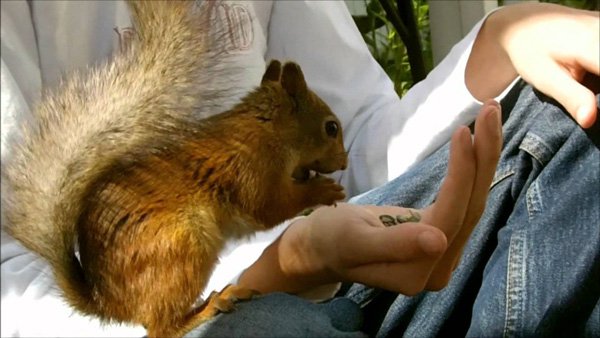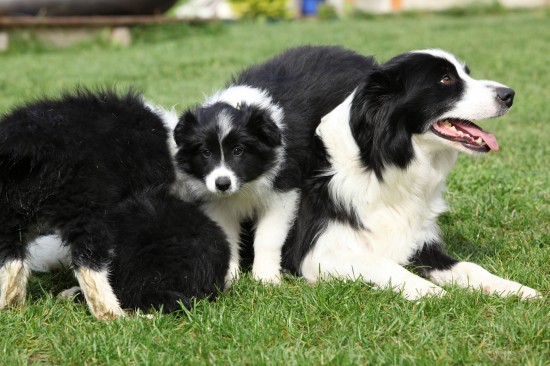
Today is the day that your new puppy is coming home with you. It's an exciting time and everyone is excited to welcome the newest member of the household. Take just a little time to make sure that everything is ready for the new arrival.
Preparing the House and Yard:
Dogs are born mischief-makers. Before welcoming one into your home, think about your new pet's indoor and outdoor environment. Remove any chewable and breakable items from your dog's new 搕erritory? Make sure that low windows are closed and outside doors latched. Ensure that all detergents, cleaners, insecticides and fertilizers are out of reach. Tape down electrical wires or spray them with taste deterrents. Check your backyard fences for openings through which a puppy might escape; baby guards are excellent for preventing a new dog from wandering out of it's designated area. Even with perfect preparation, remain vigilant. Dogs are just amazing at finding the weaknesses in our best laid plans!
Meeting The Rest of the Family:
Keep human activity to a minimum when your pup arrives in your home. Restrict him to a single room at first, but let him investigate to his hearts content. Explain to children that they should be calm and quiet when they meet the new arrival.
Meeting Your Older Dog ?or Cat:
A resident dog, especially an older one, can resent the arrival of a newcomer. Wait until your new addition is asleep and then let your resident canine take the initiative and sniff it's new house-mate.
Use the same strategy with the family cat. Cats rule dogs and if your cat has the opportunity to hiss first he will establish his own ground rules. Make sure that your cat's feeding bowl is inaccessible to your dog. Cat food always tastes better to canines than dog food.
Food and Feeding:
For some dogs, moving to a new home is very stressful. This stress increases the risk of illness, especially gastrointestinal disorders. Regardless of what you plan to feed your dog, get a sample of what he's been eating and continue feeding that for the first few days, then gradually switching it during the first week to the diet you have chosen.
Sleeping Arrangements:
A new puppy is used to sleeping cuddled up with his mother and/or siblings. Where he sleeps now; whether it be in a crate in the kitchen, in the hallway ?or in your bedroom, is your choice ?but BE CONSISTENT! If he is to sleep alone, don't make a big fuss over him. Leave quietly and don't respond to howling or crying. If you do ?he wins ?and he knows it too! Within a week most dogs learn to sleep by themselves quite well.
 The Intelligent Border Collie
The Intelligent B
The Intelligent Border Collie
The Intelligent B
 Caring For Your Pets - The Animal Welfare Act (2006)
Caring For Your P
Caring For Your Pets - The Animal Welfare Act (2006)
Caring For Your P
 How to pick an amazing toy for your lovable pet?
How to pick an amazing toy for your lovable pet?
How to pick an amazing toy for your lovable pet?
How to pick an amazing toy for your lovable pet?
 The Different Stages Of A Puppy’s Imprinting Process
The Different Sta
The Different Stages Of A Puppy’s Imprinting Process
The Different Sta
 Waxbills In The Uk
Waxbills In The U
Waxbills In The Uk
Waxbills In The U
Copyright © 2005-2016 Pet Information All Rights Reserved
Contact us: www162date@outlook.com